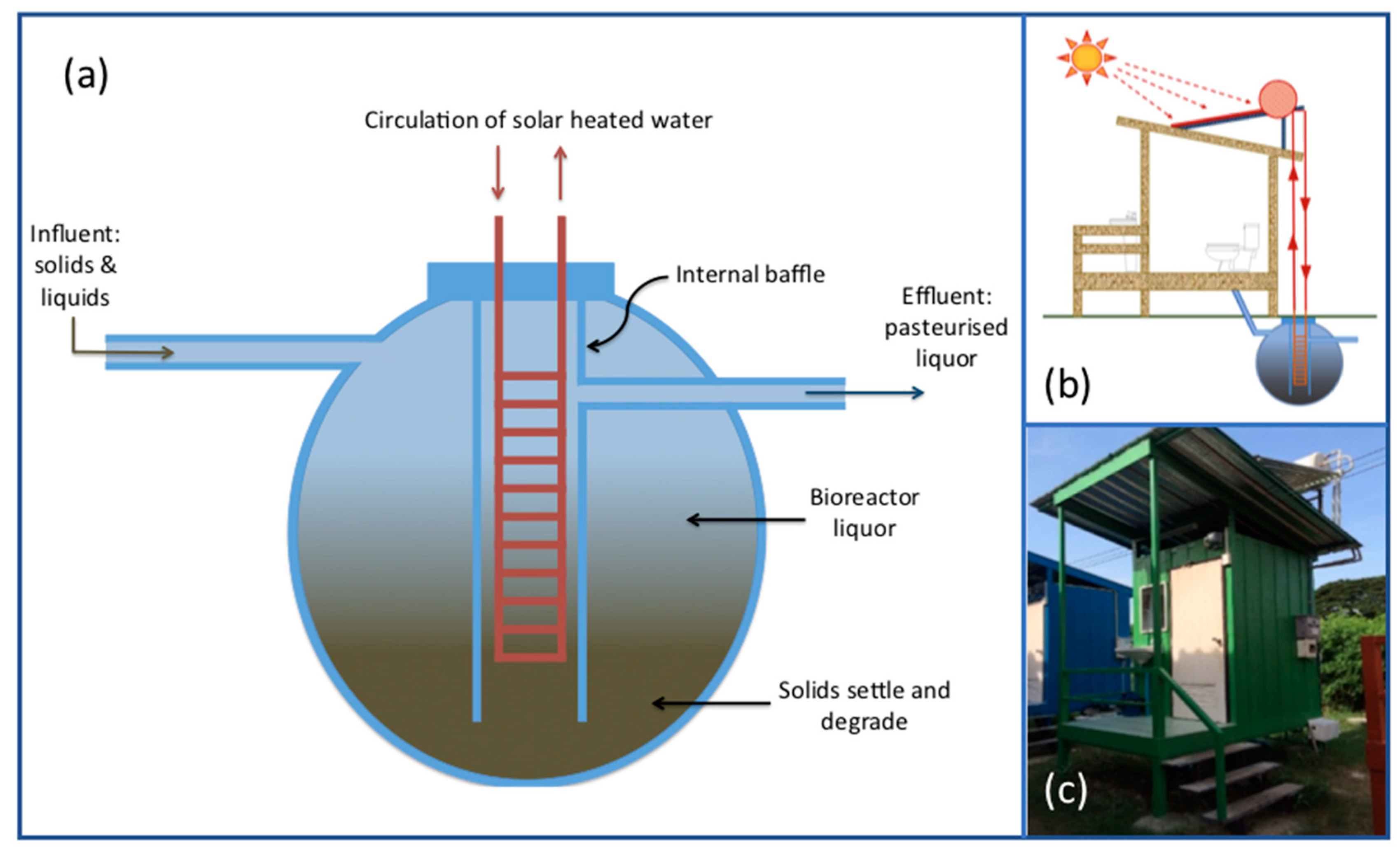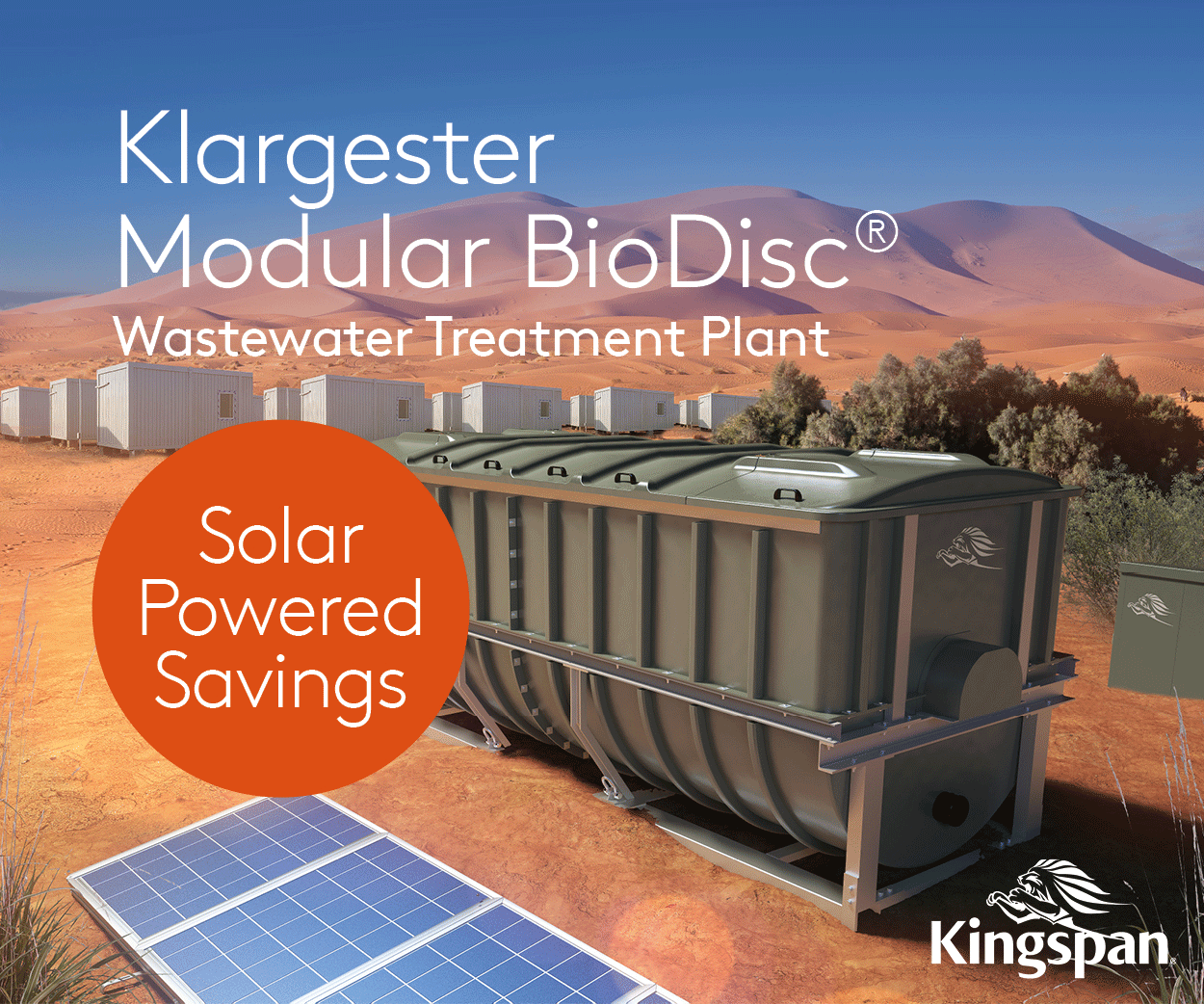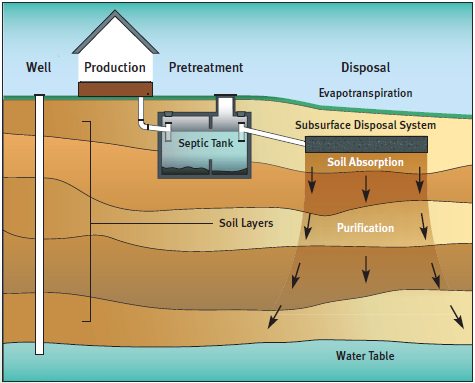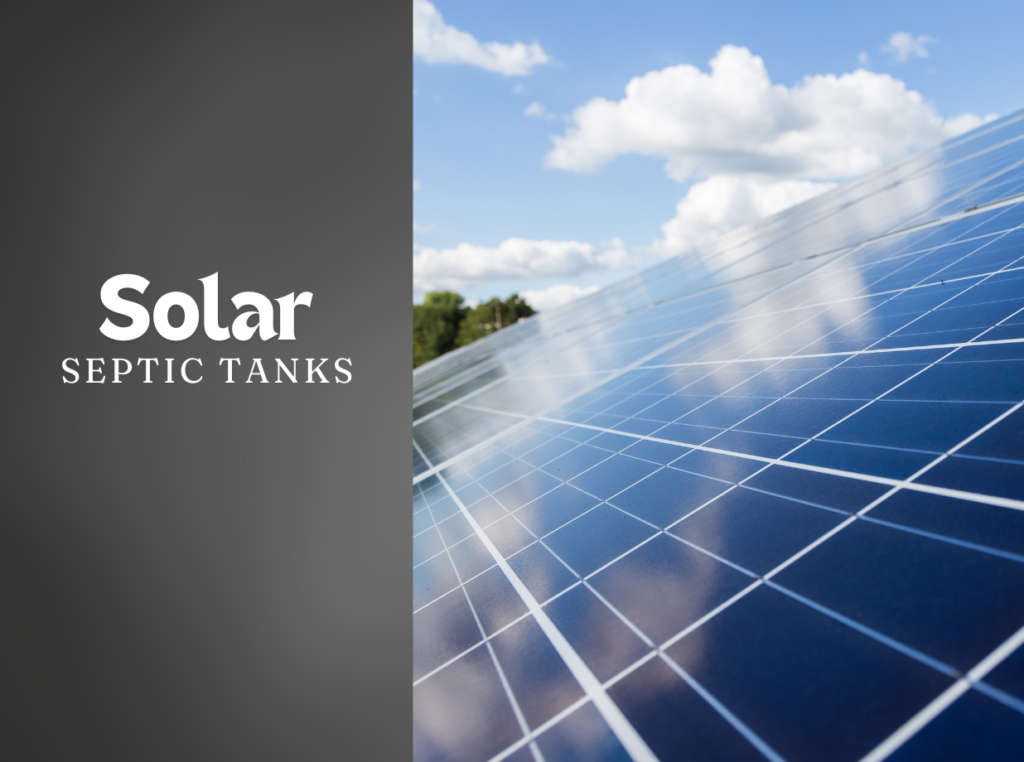Imagine a world where even your septic system harnesses the power of the sun. In the article “Sophistication in Sewage: Embracing Solar Powered Septic Systems,” you will discover how innovation has reached new heights with solar-powered septic solutions. These systems not only offer an eco-friendly alternative but also enhance efficiency and sustainability.
Say goodbye to traditional waste management methods and welcome a greener future by integrating solar energy into your septic setup. Whether you’re an eco-warrior or simply curious about new technologies, this read will enlighten you on the benefits and advancements of solar-powered septic systems.
Have you ever wondered what lies beneath the ground, silently functioning to dispose of your household waste? It’s easy to take for granted the magical disappearance of waste every time you flush a toilet, but behind this everyday miracle is a complex and often overlooked world of septic systems.
What is a Septic System?
So, what’s the deal with septic systems? At their core, septic systems are subterranean units that process sewage from your home. Unlike centralized sewer systems, which channel waste to a communal treatment plant, septic systems manage waste on-site. This makes them particularly useful for homes in rural areas or places where connecting to a municipal sewer system is impractical.
Septic systems generally consist of a tank and a drain field. Wastewater from your home flows into the tank, where it naturally separates into solid waste (which sinks to the bottom), scum (which floats to the top), and liquid effluent (which occupies the middle space). The liquid effluent then travels to the drain field, where it is naturally filtered by the soil.
The Problem with Conventional Septic Systems
Don’t be fooled; while septic systems are marvels of engineering, they come with their share of issues. Many of these problems are exacerbated by their reliance on electricity to power pumps and other components.
Environmental Impact
Traditional septic systems are not the most eco-friendly fixtures. They often require regular maintenance and frequent pumping, which uses both energy and resources. Moreover, if a system fails, it can lead to groundwater contamination, turning your property into an environmental hazard.
Energy Consumption
It’s ironic, isn’t it? We often think of sewage as something dirty and undesirable, but disposing of it in the conventional way consumes a surprising amount of energy. You’ll need electricity to power septic pumps, and this demand adds up over time, affecting both your utility bills and your carbon footprint.
Maintenance Costs
And let’s not forget the maintenance costs. Regular pumping, repairs, and potential replacements can quickly add up, making conventional septic systems an ongoing financial burden.

The Solar-Powered Solution
Enough gloom and doom. Let’s talk about something way more uplifting: solar-powered septic systems. Ah, the ingenuity of modern technology! Imagine a world where human waste is processed cleanly and efficiently, all while reducing your reliance on fossil fuels. Sounds too good to be true? It’s not.
How Does It Work?
The solar-powered septic system operates on the same principles as a traditional one but incorporates solar panels to provide the necessary energy. Here’s a quick breakdown of how it functions:
- Solar Panels: These are installed on your property to capture sunlight and transform it into electricity.
- Battery Storage: The captured solar energy is stored in batteries, ensuring that the system can operate even during the night or cloudy days.
- Control System: A smart control system ensures efficient management of power distribution and guarantees that the septic system runs smoothly.
Advantages of Solar-Powered Septic Systems
Solar-powered septic systems offer several compelling benefits:
- Environmental Impact: By utilizing renewable energy, you significantly reduce your carbon footprint.
- Energy Efficiency: Lower reliance on traditional electricity grid translates to lower utility bills.
- Reliable Operation: Modern control systems ensure that the septic system functions optimally, reducing the risk of failures.
- Sustainability: Utilizing solar power makes your home more sustainable and resilient to energy crises.
Real-World Examples
Okay, theory is all well and good, but how do solar-powered septic systems hold up in the real world? Let’s take a closer look.
Residential Use
Imagine you’re living in a charming countryside abode, away from the hustle and bustle of city life. Your home is not connected to a municipal sewer system, and traditional septic systems have proven to be both costly and unreliable. By switching to a solar-powered septic system, not only do you enjoy uninterrupted service, but you also rest easy knowing your waste disposal method is eco-friendly.
Rural Communities
For entire rural communities, the switch to solar-powered septic systems can be transformative. These systems can alleviate the common issues associated with waste management in areas with limited access to infrastructural resources. Solar-powered setups can be installed on a community scale, thus benefiting multiple households simultaneously.
Commercial Applications
Why should households have all the fun? Commercial establishments like lodges, farms, and even small businesses can reap the benefits of solar-powered septic systems. These entities often generate large volumes of waste and can benefit significantly from a reliable and energy-efficient solution.

Cost Breakdown: Traditional Vs. Solar-Powered Systems
Still not convinced? Let’s get down to brass tacks and talk numbers. After all, a dollar saved is a dollar earned. Here’s a comparative table to give you a clearer picture:
| Feature | Traditional Septic System | Solar-Powered Septic System |
|---|---|---|
| Initial Installation Cost | Lower | Higher |
| Monthly Energy Costs | Higher | Lower (or Zero) |
| Maintenance Costs | Higher | Moderate |
| Environmental Impact | Higher | Lower |
| Longevity | Variable | Higher |
Initial Costs vs Long-Term Savings
Sure, the initial setup for a solar-powered septic system can be pricey, especially when compared to traditional systems. However, the monthly savings on energy costs quickly start to add up, making the investment worthwhile in the long run. Add to this the lower environmental impact and reduced maintenance costs, and it’s clear that solar-powered systems offer a better ROI over time.
Installation: What to Expect
Alright, you’re sold on the idea. But what does the installation process entail? Knowing what to expect can make the transition much smoother.
Site Assessment
First off, a professional will need to assess your property. They’ll check factors like sunlight exposure, soil type, and existing septic system conditions (if any). This helps in planning the optimal placement for solar panels and the septic system components.
Permits and Regulations
Navigating the labyrinth of permits and local regulations is never fun, but it’s a necessary step. A good installation company will handle this for you, ensuring that everything is up to code.
Installation Process
Once permits are in place, the actual installation begins. Solar panels are mounted, and wiring is laid out to connect them to the septic system. Meanwhile, the septic tank and drain field are installed or modified to accommodate the new setup.
Testing and Commissioning
After installation, the system undergoes rigorous testing to ensure everything works as intended. Only after successful tests is the system commissioned for regular use.

The Future of Septic Systems
We’re standing on the brink of a fascinating transformation in how we manage waste. The adoption of solar-powered septic systems represents a significant leap toward more sustainable living practices. As technology evolves, the efficiencies and capabilities of these systems will only improve.
Smart Integration
Imagine a future where your septic system talks to your home’s smart ecosystem. Solar panels, battery storage, and control systems all communicating seamlessly, optimizing performance and energy usage in real-time. The Internet of Things (IoT) isn’t just for your fridge or thermostat anymore – it’s also making your septic system smarter and more efficient.
Enhanced Materials and Technology
The materials and technology used in septic systems are continually evolving. Expect to see advancements in solar panel efficiency, battery storage capabilities, and septic tank construction, further driving down costs and improving reliability.
Addressing Common Concerns
You’re probably brimming with questions, and that’s totally fair. Let’s tackle some common concerns you might have.
What Happens on Cloudy Days?
Worried about those gloomy days when the sun decides to play hide and seek? Fret not. Modern battery storage solutions can store enough energy to keep your system running smoothly even when the sun isn’t shining.
Maintenance Woes
While routine maintenance is unavoidable, it’s far less cumbersome with solar-powered systems. Advanced sensors and control systems can alert you to issues before they become problematic, reducing the chances of unexpected failures.
Cost Considerations
Yes, the initial costs can be daunting. However, many governments offer incentives and rebates for installing renewable energy systems, significantly offsetting the upfront expense. Plus, the long-term savings make it a financially sound decision.
Making the Switch
Still sitting on the fence? Making the switch to a solar-powered septic system isn’t just an upgrade but a step towards sustainable living. It’s an investment in the health of our planet and the future of our communities.
Doing Your Homework
Start by doing some legwork. Research different providers, compare costs, and read reviews. Knowledge is power, especially when it comes to making such a significant decision.
Consulting Professionals
Speak to professionals who have experience with both traditional and solar-powered septic systems. Their insights can provide a clearer picture and help you make an informed decision.
Taking the Plunge
Once you’ve done your due diligence, it’s time to take action. Trust me, you won’t regret it. The initial effort and investment will pay off, offering you peace of mind and a cleaner, greener way to manage your waste.
Conclusion
So, there you have it. Solar-powered septic systems might just be the future of waste management. They are energy-efficient, eco-friendly, and a smart financial move in the long run. Whether you’re looking to upgrade your current system or installing one for the first time, going solar is worth serious consideration.
Embrace a more sophisticated approach to sewage, and let’s make waste management not just a necessity but a triumph of modern ingenuity.


